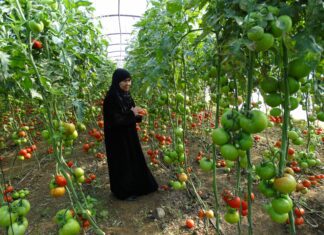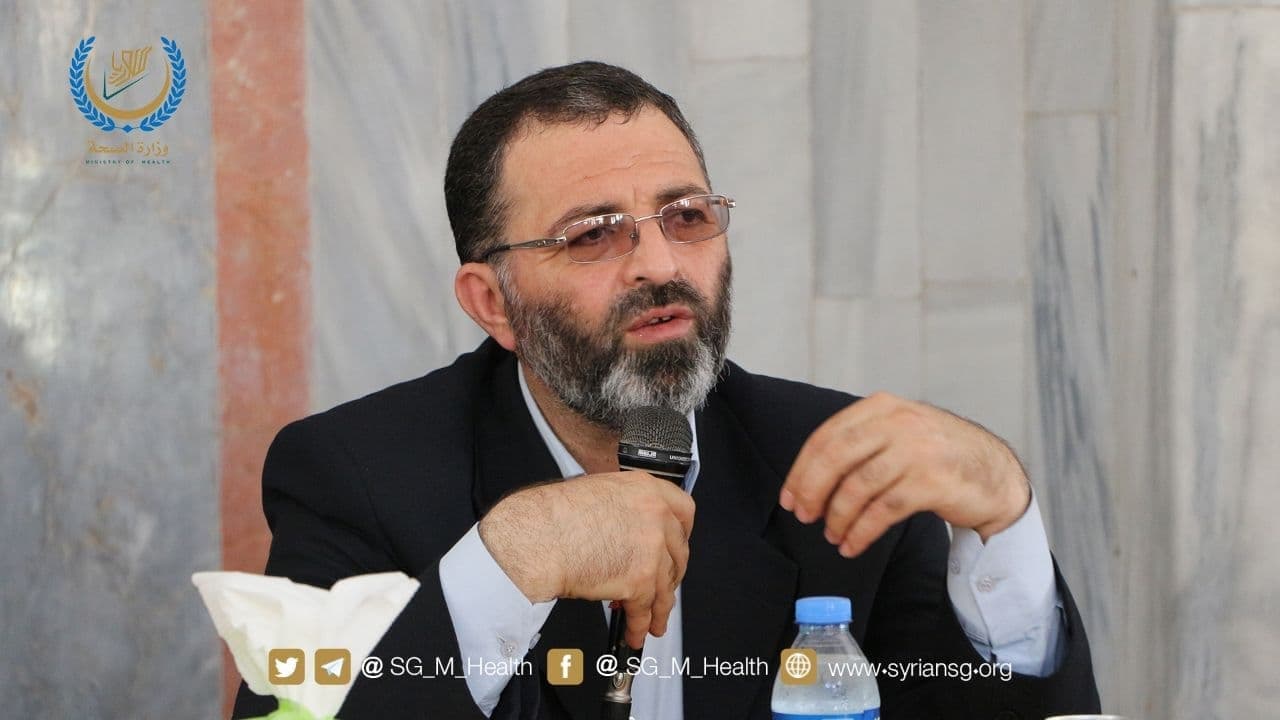
The former Minister of Health of the Syrian Salvation Government, Dr. Ayman Jabas, stated, “The number of people infected with COVID-19 has begun to increase dramatically in recent days, and a large part of these infections are from the mutated Delta Variant which is more dangerous than the other variants”.
Although there had been only a few deaths reported throughout the liberated areas during the pandemic last year, the tough conditions in the refugee camps make it very difficult for the people residing there to follow all safety procedures. At the same time, it is difficult and unsafe for the displaced to go back to their homes due to the constant bombardment by the regime on residential areas.
L24 has conducted an interview with Dr. Ayman Jabas where he sheds more light on the situation surround COVID-19.
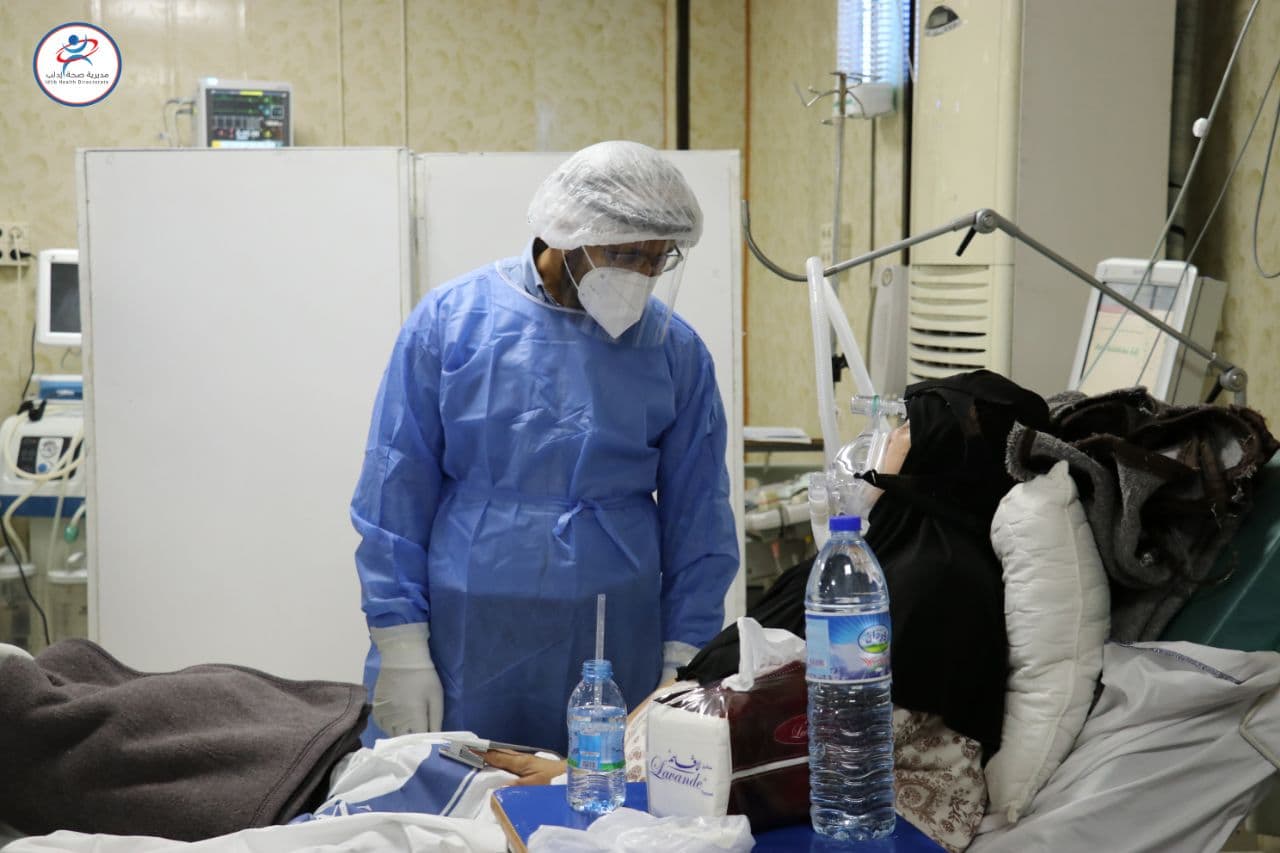
L24: Ominous news is spreading about the new Delta Variant of COVID-19, how true are they?
Dr. Jabas: The Delta variant has clearly spread in Northwestern Syria and in Idlib, about half of these infections are of the Delta variant. The number of infected has increased significantly in recent times and the active cases are again in large numbers.
L24: Are there any procedures in place to prevent another outbreak?
Dr. Jabas: We have isolation centers for active cases and we have several vaccination campaigns. The isolation centers are available for relatively severe cases, but many of these centers were rendered inactive due to the cessation of financial support that was provided to them by humanitarian organizations.
L24: How realistic is a complete lock down in the liberated areas considering there’s an ongoing war with many displaced civilians?
Dr. Jabas: A complete lockdown is unrealistic for several reasons. The virus has already spread in most areas and in varying numbers. Likewise the constant bombardments contribute to an increased movement of IDP’s which in turn severely limited the possibility of a complete lockdown. Another reason would be that the Syrian people live as day laborers, meaning that they cannot survive if they don’t work.

L24: Are there any hospitals equipped to deal with another wave of COVID-19?
Dr. Jabas: There currently are 950 beds in different hospitals and COVID-19 centers especially allocated for severe COVID-19 cases, it includes 150 beds with respirators and 350 recovery beds.
L24: Has the government undertaken any vaccination efforts?
Dr. Jabas: Yes there was a vaccination campaign after we received the first batch of vaccinations, they were about 53.000 doses which we received through Syria Immunization Group. These were dedicated to the healthcare workers, humanitarian organization cadres and any other essential workers that requires contact with many people. A second campaign will commence once the second batch arrives, they were scheduled to be 360 thousand doses in total.
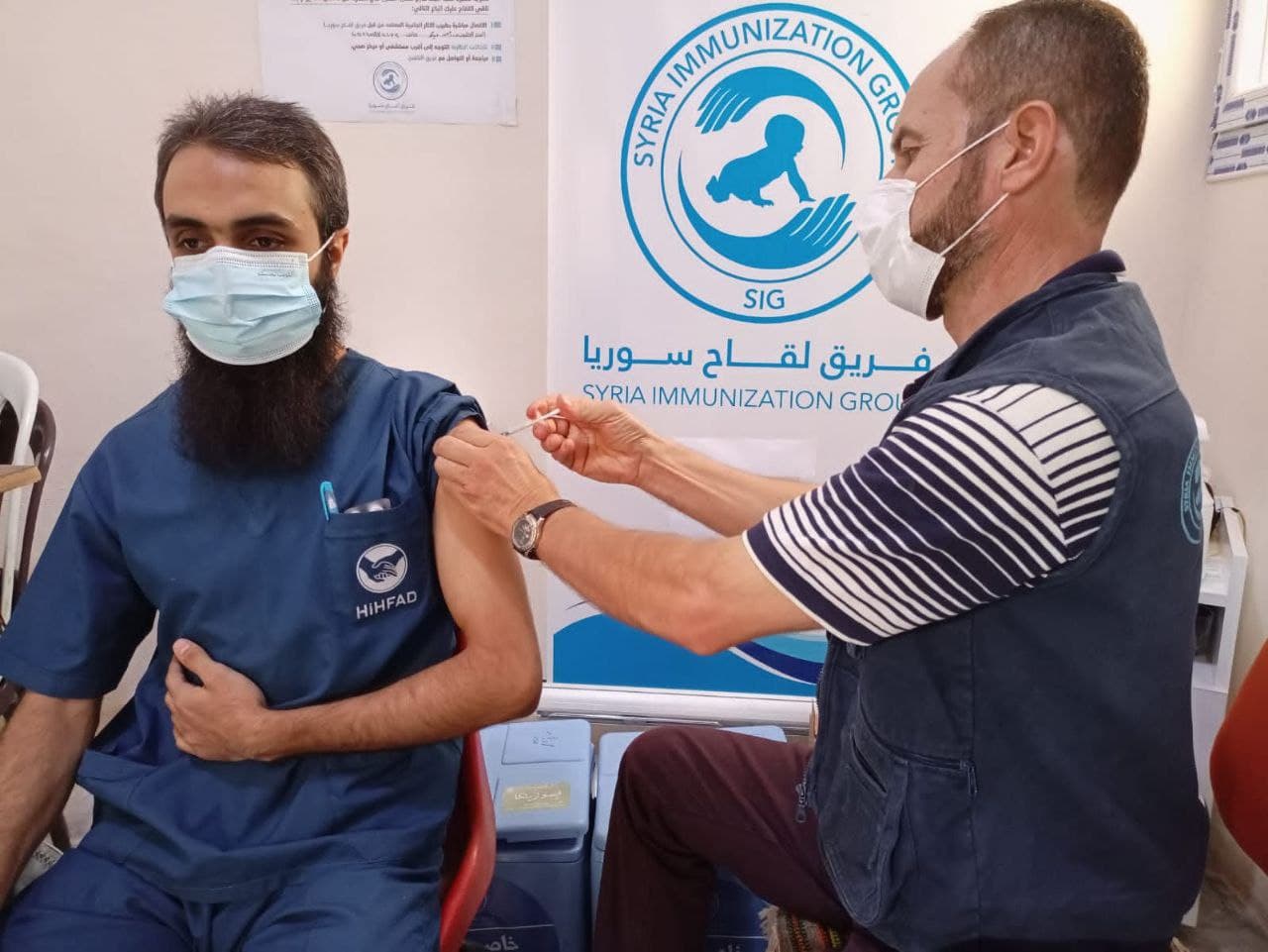
L24: Are you vaccinated?
Dr. Jabas: Yes, I received my vaccine during this last campaign.
L24: With misinformation circulating the Internet regarding vaccination, what do you advise as health minister?
Dr. Jabas: As the Ministry of Health and with the arrival of the first batch, we confronted the disinformation by conducting meetings with imams of mosques, heads of local councils and held informative talks about the epidemic. We educated the people about methods of prevention and the benefit of the vaccine.
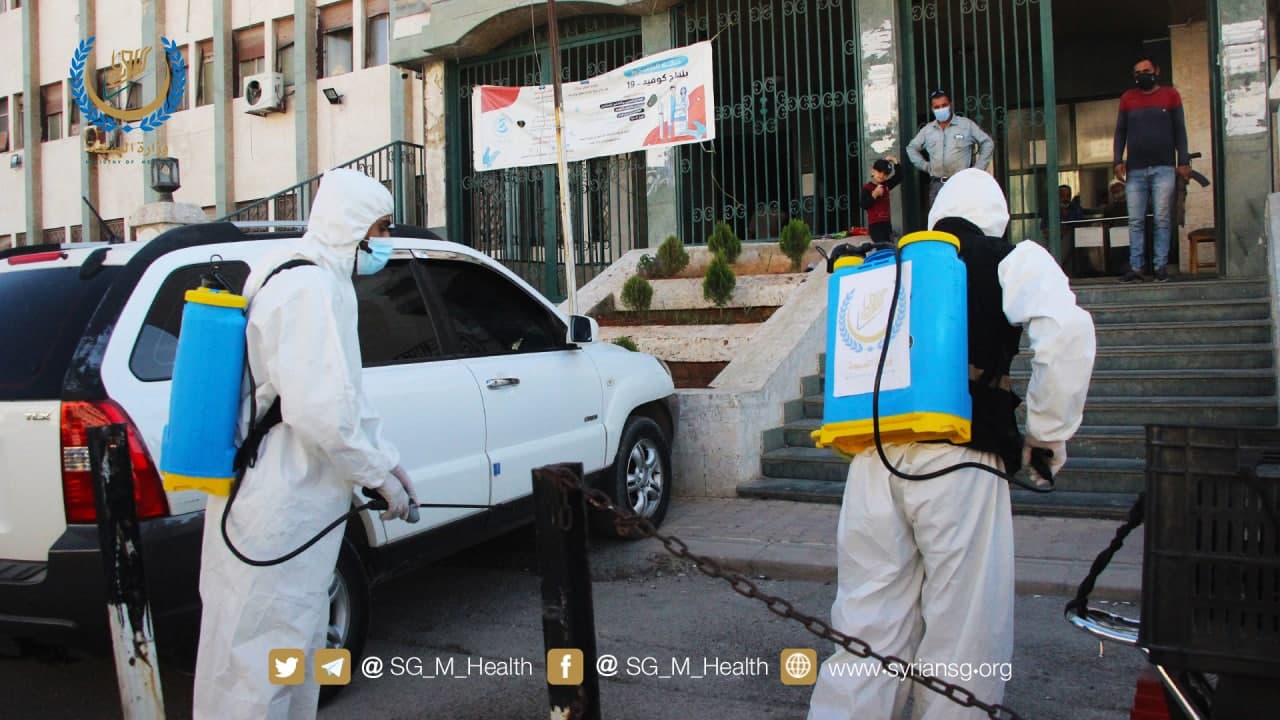
L24: What about public institutions, how do you deal with COVID-19 in such circumstances like schools and hospitals?
Dr. Jabas: Public institutions like schools and universities are currently closed to due vacations. Sport centers are also closed until further notice, especially in locations where the virus spread more significantly.
L24: We heard about an outbreak in the town of Kafr Takharim in Idlib. What has the ministry done to limit the spread of the virus?
Dr. Jabas: The entire northwestern region of Idlib witnessed an outbreak, it wasn’t only limited to Kafr Takharim. The local councils in Kafr Takharim enacted certain policies to contain this spread, which contributed to certain fears and panic to spread.

L24: Does Idlib need international help with the COVID-19 situation?
Dr. Jabas: Yes, the medical sector is exhausted, the number of isolation centers are little and they are small. Our COVID-19 hospitals are also little in number and are not able to handle another wave of patients, which is expected to happen. The World Health Organization and humanitarian organizations must act and support to reactivate COVID-19 isolation centers. What we are in utmost need of are more COVID-19 isolation centers and COVID-19 hospitals so we can handle the influx of new patients.
L24: To conclude, what do you advise your fellow citizens?
Dr. Jabas: We call upon our people in the liberated areas to take all measures to prevent the virus from spreading – especially avoiding handshakes and hugs, to frequently wash their hands with soap and water for at least 30 seconds or sterilizing them with alcohol, to avoid crowded places and to avoid unnecessary meetings, such as gyms, wedding halls, funerals”.

